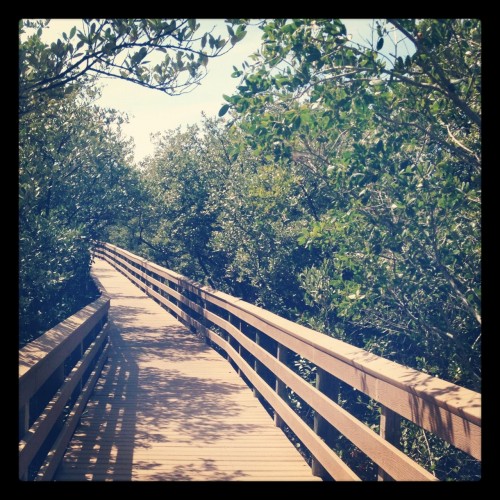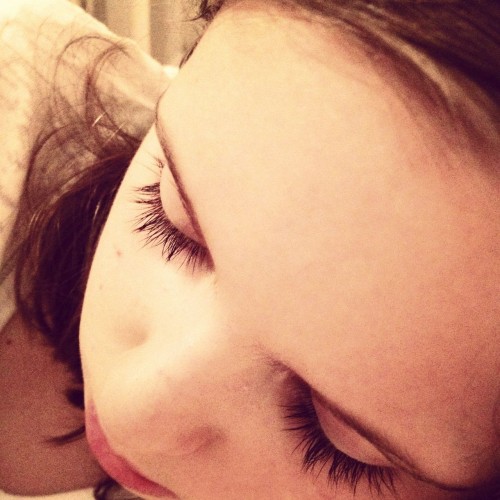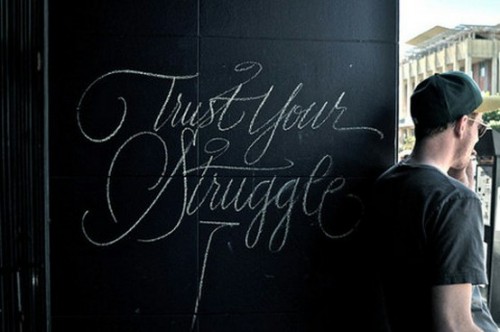
This is a time of transition. I can feel us moving to another phase, another season, in every sense of the word. I am aware of that deep in my body and my spirit. I dislike change with every fiber of my being, and I wish I was able to let go more. I’m really more of a holder-onner. Still, I continue to remind myself that this is futile effort, and that my white knuckle grip on every day is only serving to exhaust me. I wear a reminder over my heart.
We are shedding skins around here. Spring is slowly creeping around the edges of our hours, and with every day it seems more inevitable, though I think there is snow forecast for this weekend. It’s still raw and chilly, though, and we all shiver like the brand-new, slender crocuses. Grace and Whit are re-adjusting, slowly, to the school routine after two weeks off; I’m waking them out of sound sleep in the mornings, yet finding them unwilling to go to sleep at night. There have been some reminders in my life of how near the precipice is, always, and of how we tread, every single day, on the line between divinity and disaster.
And then I read these beautiful words by Rebecca at Altared Spaces, about the ultimate parenting transition. I read this post on Tuesday and by halfway through I was literally sobbing – not just the standard tears-rolling-down-my-cheeks that happens every day, but full-on gasping for air, actively crying. The line that gouged itself into me was this one: “I came here to let her go.” I couldn’t stop thinking about it. Isn’t this, ultimately, the story of what we all came here to do, as parents? Aren’t we letting to every single day?
Even knowing that, I’m chilled and stunned by the idea that someday – perhaps as soon as 7 or 8 years from now, if she goes to boarding school – I will hug and kiss Grace and watch her walk away. I remember hugging my mother on the grass lawn in front of a dorm in New Hampshire in September 1990. That was an particularly draconian farewell: she drove to Logan and got on an airplane to London. Talk about far away. I didn’t know until years later that she cried in the car driving away. I went up to my little teeny closet of a room and sobbed my heart out. I was scared and lonely and excited, and on the edge of something big.
There are certainly major, notable goodbyes and transitions in parenting, the ones that we all anticipate: kindergarten, high school, college, weddings. But there are also tiny little goodbyes every single day. Parenting is a constant farewell. It’s replete with joyful hellos, too, of course, but it’s undeniable that every day holds an ending. Every night before I go to bed I carry Whit to the bathroom, his blond head heavy on my shoulder. Every single night I wonder if this is the last time. I haven’t read Good Night Moon since I wondered if I ever would again. The truth of that chokes me up, sits like a stone in the heart of me, a core of loss I simply can’t ignore. Every day, infinitessimally but inexorably, they move further away from me.
I commented on Rebecca’s blog, letting her know how much her words touched me. And she emailed me back and said this:
You are so passionate in the way you love your children. Sometimes I think you taste letting them go regularly. You live WIDE awake. At times that overwhelms you.
And I read her words, crying fresh tears, thinking: yes, yes, yes. The big goodbyes will submerge me in emotion, fear and grief and pride all mixed together, of that I am sure. But the little ones are in many ways harder for me, since they are so slippery, so difficult to note. And I do taste them regularly. I hope she’s right about living wide open; truthfully, I often doubt that.
And now, off to another bedtime. More pages of Harry Potter, another turn at the Ghostie Dance, the Sweet Dreams Head Rub, and a full-body hug before bed. Another night when my attention, my kiss, my hug can fix any problem at all. How many more nights will it be my privilege to do, and be, this? I don’t know, and that not knowing haunts me. But tonight, it is. I try to focus on that.
A repost from exactly a year ago. And guess what? It is still a time of change. The realization that is seeping slowly into my bones is this: life is a constant transition.


